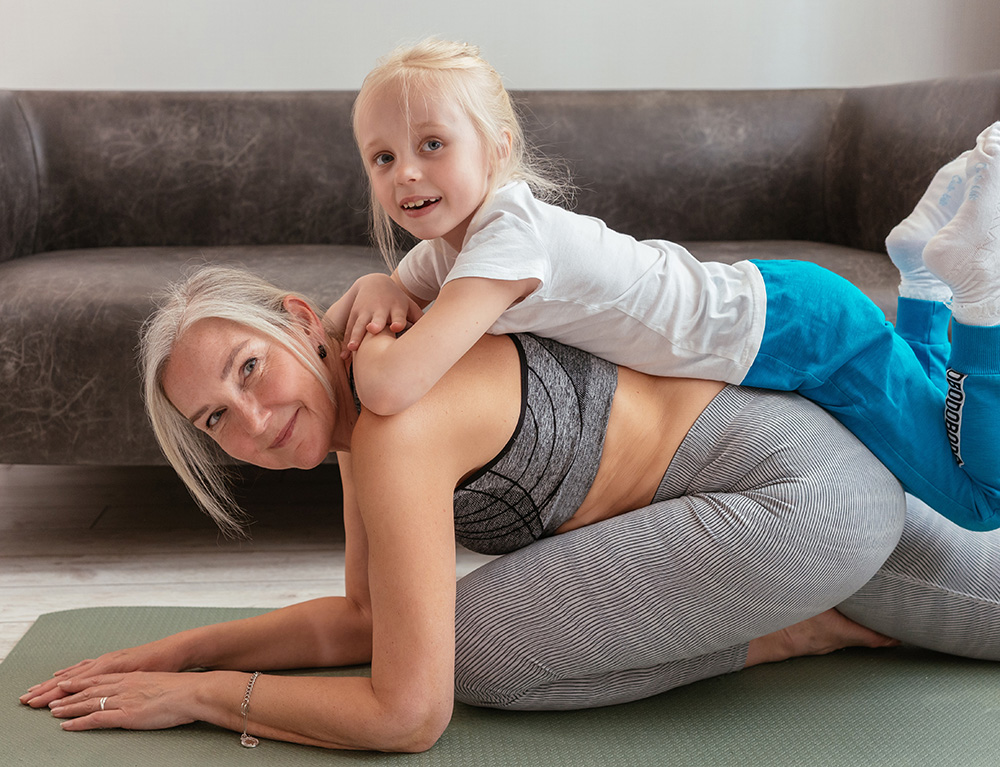6 Ways Seniors Can Age Safe® and Live Well.
1: Senior companions. A senior companion is someone (paid or volunteer) who spends a few hours a week or even a few hours a day with a senior to better enable them to enjoy getting out and about, help them run errands, do light housework, or pleasantly pass the time in conversation and companionship. Senior companions can be a valuable resource to a senior’s family members and doctors. They can provide insight into symptoms and concerns that might otherwise go unnoticed (or hidden). Senior companions also give their ‘charge’ someone and something to look forward to, which boosts their mental and emotional health.
2: Meals on Wheels or something similar in the way of meals delivered to the home. Eating a healthy, balanced diet is key to good health. A medically alert senior and their family members and/or caregivers will recognize this and go the distance to make sure sound nutrition is part of their day every day. Mobility, cognitive clarity, circulation, heart health, and oh, so many other things rest solidly on good nutrition.
3: Free or low-cost eye exams and hearing exams are available to seniors across the country. Being medically alert to vision and hearing needs and meeting those needs helps seniors maintain their independence safely and with confidence.
4: A handy man and housekeeper. I know this may sound strange, but when seniors own up to their limitations, they are doing themselves and their families a huge favor. It is a sound, medically alert decision to admit you are no longer the best one to mow the grass, climb a ladder to clean the gutters, change lightbulbs, or hang Christmas lights. Admitting your back, shoulders, and knees will benefit (not to mention the safety factors) if you hire someone to mop, vacuum, and scrub the shower and tub. I want to suggest that whenever possible you hire one of your grandchildren for these tasks. Not only will it teach them valuable skills and responsibility, but it will help them add to their bank account. Most importantly, though, it gives you time together to listen, talk, and just be together.
5: Medical screenings. In addition to vision and hearing exams, many communities offer free or low-cost screenings for diabetes, blood pressure and heart issues, bone density, and some cancer screenings. Know what is available in your community by signing up for newsletters, listening to the local news, staying in touch with the county health department or local hospitals. Take advantage of these services so that you can be medically alert to possible illnesses and diseases in their earliest stages.
6: A home safety assessment is an excellent way to help your loved ones age in place. It is true that things like grab bars, removing loose rugs, tightening railings, and changing out bathtubs for walk-in showers are obvious and essential when it comes to making a residence safer and more senior-friendly. But a certified Senior Home Safety Specialist® is trained to draw attention to the less obvious things like lighting, access to clothing, and even switching out things like drinking glasses and plates that are too heavy for those that are easier to hold on to. Inviting one of these professionals to give you and your loved ones a thorough assessment of what it would take to age in place safely, will be money well and wisely spent. And here’s another thought: coming from a professional often makes an idea or suggestion easier for your senior loved one to accept than if it comes from you. Somehow it seems less like ‘handling’ or intrusion and more like helpful advisement.
Guest post By Darla Noble
The views expressed by the author may not reflect the views of Age Safe America, LLC. The content here should not be taken as medical, legal or financial advice. The content here is for informational purposes only, and because each person is so unique, please consult your own healthcare, legal or financial professional with any questions.

